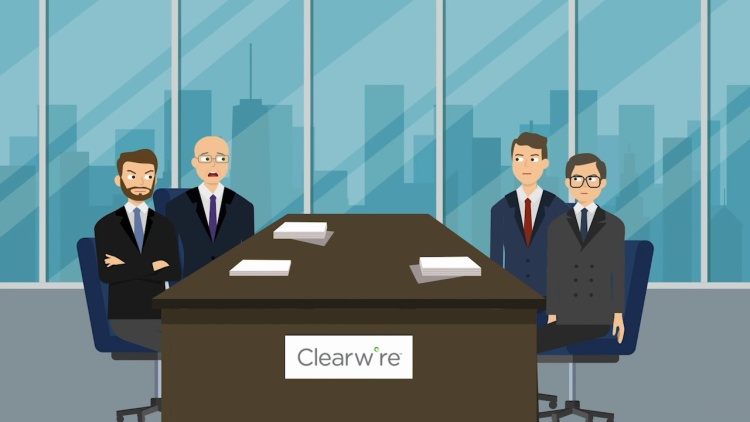North American Catholic Educational Programming Foundation, Inc. v. Gheewalla
Delaware Supreme Court
930 A.2d 92 (2007)
- Written by Rose VanHofwegen, JD
Facts
Clearwire Holdings, Inc. planned to create a national system of wireless Internet connections. To do so, it contracted to buy FCC spectrum licenses from North American Catholic Educational Programming Foundation, Inc. (NACEPF) (plaintiff) and other license holders for more than $24 million. In accordance with the agreement, NACEPF reserved its licenses for Clearwire and did not sell them to other buyers. When the spectrum market collapsed, Clearwire settled with the other license holders for about $2 million but did not pay NACEPF, claiming that Clearwire was on the verge of bankruptcy and could not obtain further financing. Goldman Sachs employees Rob Gheewalla, Gerry Cardinale, and Jack Daly (defendants) served as Clearwire’s directors and allegedly controlled it. After Clearwire effectively went out of business, NACEPF sued the directors in Delaware Chancery Court for breach of fiduciary duties, fraudulent inducement, and tortious interference in business relations. Under Delaware law, the chancery court has personal jurisdiction over nonresident directors of Delaware corporations for breach of fiduciary duty and sufficiently related claims only. Because no other basis for personal jurisdiction over the directors existed, the chancery court’s authority to hear the case hinged on the viability of the fiduciary breach claims. The directors moved to dismiss on the ground that creditors cannot bring direct claims for breach of fiduciary duty against directors of a Delaware corporation. NACEPF countered that when a corporation is insolvent or in the zone of insolvency, directors owe fiduciary duties to the corporation’s creditors. The chancery court dismissed the case, and NACEPF appealed.
Rule of Law
Issue
Holding and Reasoning (Holland, J.)
What to do next…
Here's why 907,000 law students have relied on our case briefs:
- Written by law professors and practitioners, not other law students. 47,100 briefs, keyed to 996 casebooks. Top-notch customer support.
- The right amount of information, includes the facts, issues, rule of law, holding and reasoning, and any concurrences and dissents.
- Access in your classes, works on your mobile and tablet. Massive library of related video lessons and high quality multiple-choice questions.
- Easy to use, uniform format for every case brief. Written in plain English, not in legalese. Our briefs summarize and simplify; they don’t just repeat the court’s language.







